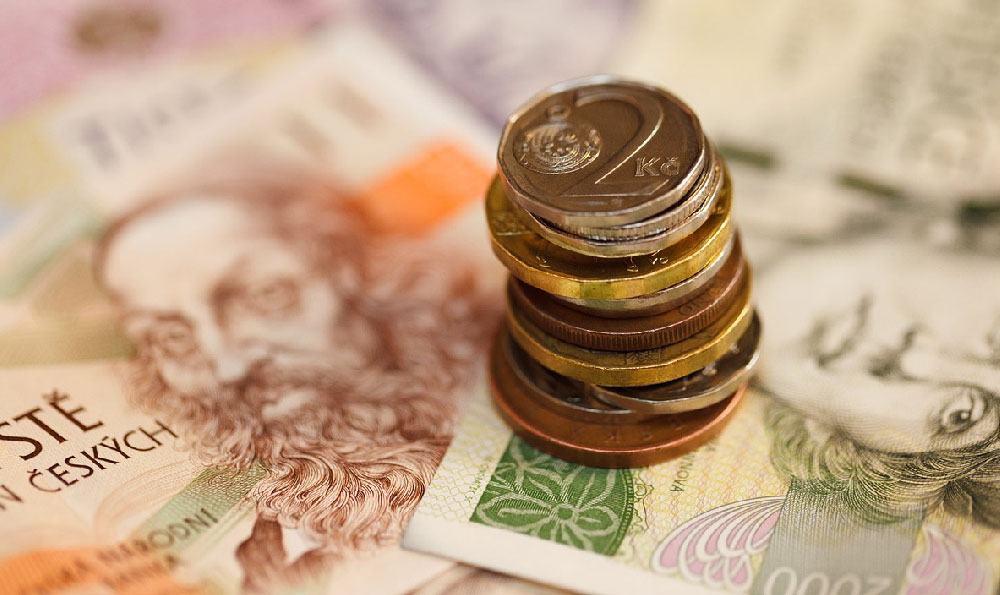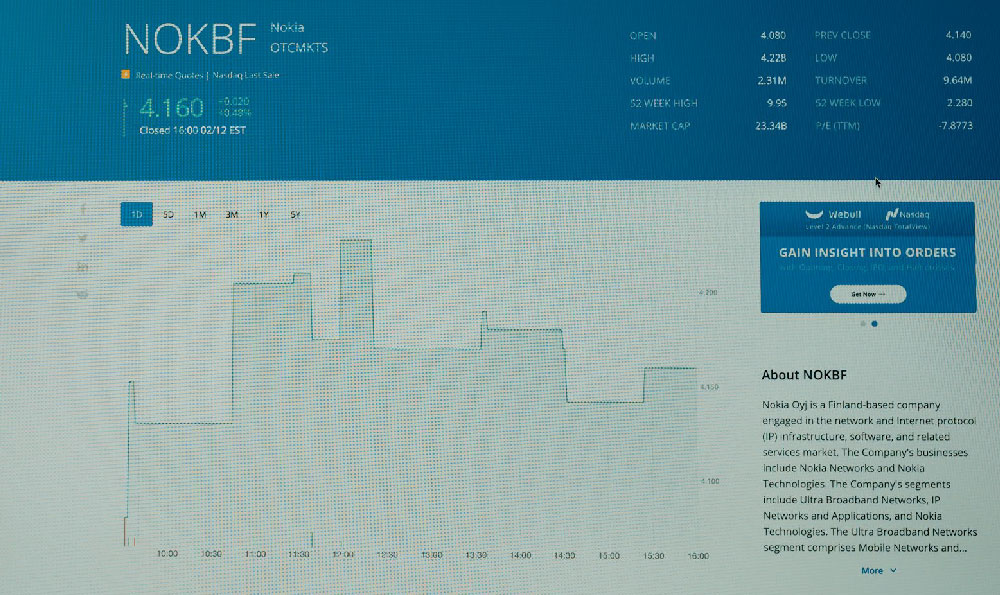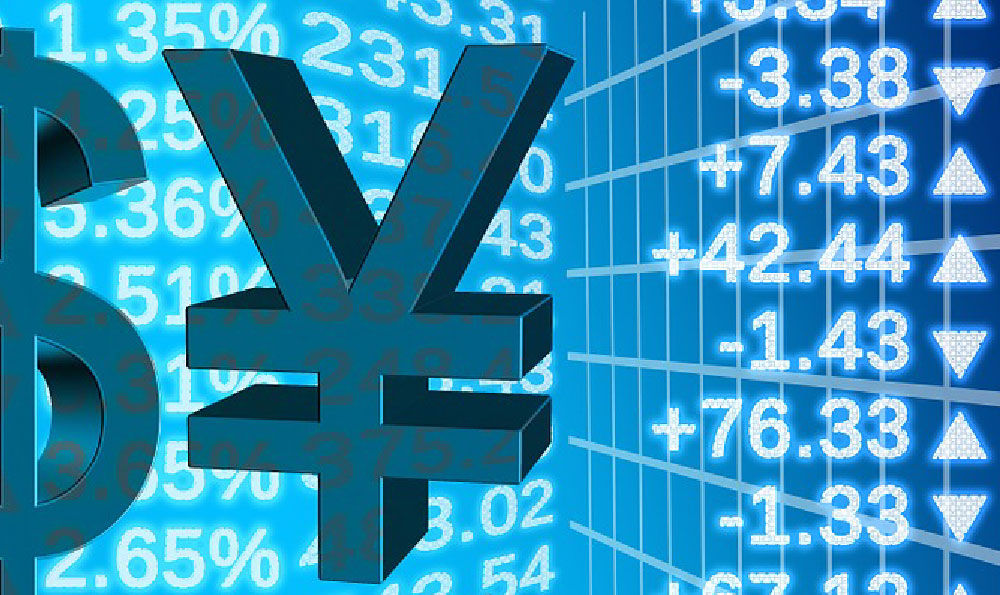Navigating the financial landscape often requires the use of various payment methods, and the money order remains a reliable and secure option for many. A money order is essentially a prepaid check, offering a safe alternative to cash, particularly when sending payments through the mail or dealing with individuals or businesses where personal checks are not accepted. Understanding where to acquire a money order and locating a convenient outlet is crucial for smooth transactions.
One of the most widely accessible sources for money orders is the United States Postal Service (USPS). Each post office across the nation provides money order services, making it a readily available option for most individuals. The process is straightforward: you simply visit your local post office, specify the amount you wish to send (up to the maximum limit, which is typically $1,000), pay the corresponding amount plus a small service fee, and receive the money order. You then fill out the necessary information, including the recipient's name and your own details, and send it off. The USPS money order is known for its security and reliability, backed by the government.
Beyond the USPS, numerous retailers also offer money order services, providing increased convenience and accessibility, especially during hours when post offices might be closed. Walmart, for instance, is a popular choice. Their MoneyCenter locations, often found within the stores, allow customers to purchase money orders for a nominal fee. The process is similar to the USPS, requiring you to present the desired amount and pay the fee. Walmart's extensive network of stores across the country makes it a convenient option for many.

Another prominent player in the money order market is Western Union. While primarily known for money transfers, Western Union also facilitates the purchase of money orders at its agent locations, which can be found in various retail stores, pharmacies, and other establishments. Western Union typically charges a slightly higher fee compared to the USPS or Walmart, but its wide network of agents can be advantageous if you need to find a location outside of regular business hours or in a less conventional setting.
Major grocery store chains also frequently provide money order services. Kroger, for example, often has customer service desks where you can purchase money orders. Similarly, other large supermarket chains may offer this service, making it a convenient option to combine your grocery shopping with your financial transactions. The fees and purchase limits can vary between different grocery store chains, so it's always a good idea to check with the specific store beforehand.
Many banks and credit unions also offer money orders to their customers. While not always readily available to non-customers, holding an account with a bank or credit union often provides access to money order services at a lower fee than retail outlets. Furthermore, some banks may even offer free money orders as a perk for certain types of accounts. This is particularly beneficial if you frequently need to use money orders.
When searching for "money orders near me," utilizing online search engines like Google Maps can be incredibly helpful. Simply type in "money orders near me" or "money order locations" into the search bar, and the results will display nearby locations offering money order services. The search results often include information such as the address, phone number, operating hours, and even customer reviews, allowing you to choose the most convenient and suitable option.
Before purchasing a money order from any location, it's essential to consider a few factors. Firstly, compare the fees charged by different providers. The fees can vary significantly, so it's wise to shop around and find the most cost-effective option, especially if you frequently use money orders. Secondly, check the purchase limits. Most places have a maximum amount that can be purchased per money order, so ensure it meets your needs. Thirdly, inquire about the accepted forms of payment. Some locations may only accept cash, while others may accept debit cards or even credit cards. Finally, always keep the receipt and a record of the money order details, including the tracking number if applicable, for future reference and in case of any issues.
In conclusion, obtaining a money order is a relatively simple process, thanks to the numerous locations that offer this service. From the trusted USPS to retail giants like Walmart and Western Union, and even local grocery stores and banks, finding a convenient place to purchase a money order is usually not a problem. By leveraging online search tools and considering factors like fees, purchase limits, and accepted payment methods, you can easily locate a money order outlet near you and ensure a smooth and secure transaction. The money order remains a viable and valuable tool in the world of financial transactions, offering a secure and reliable way to send payments when other methods may not be suitable.












